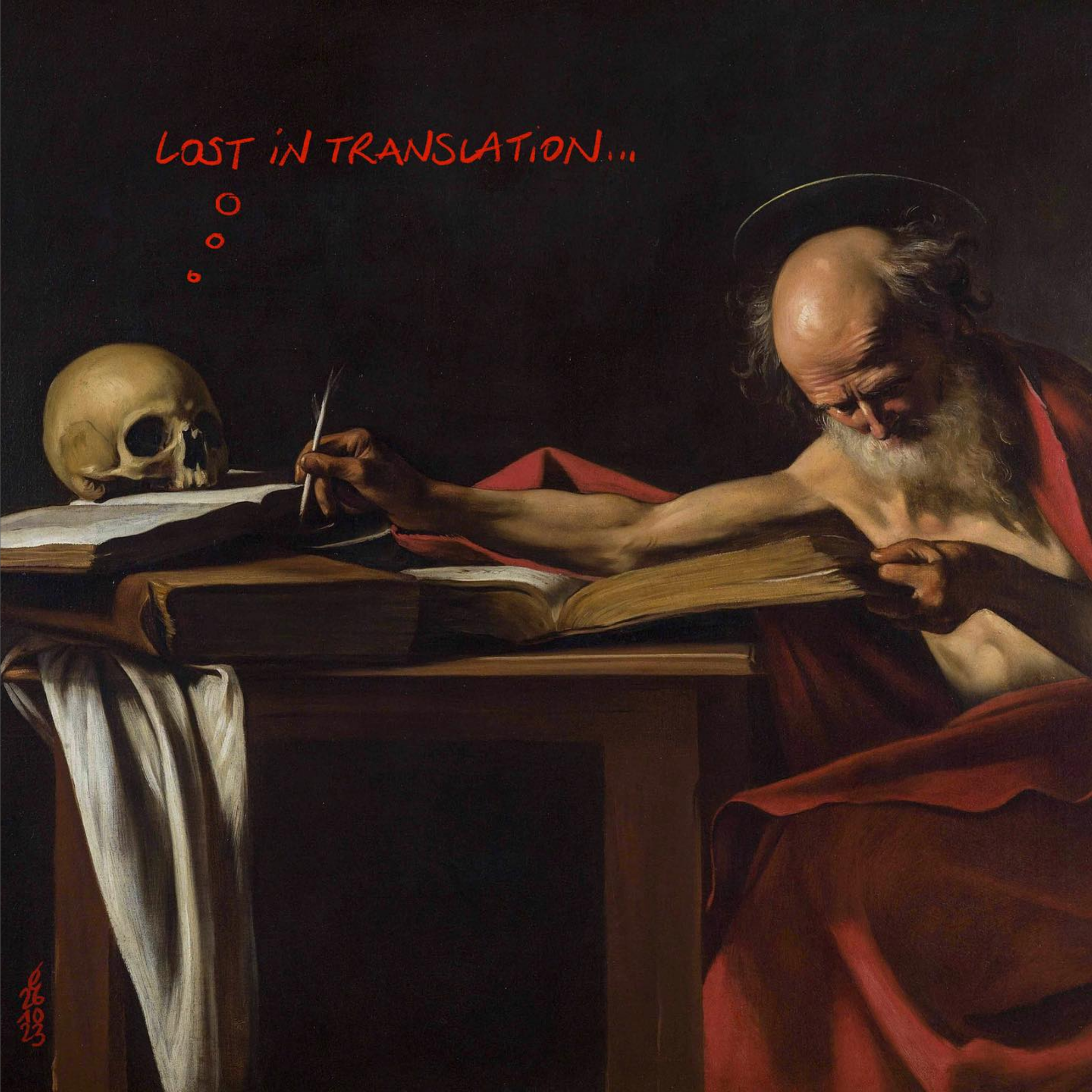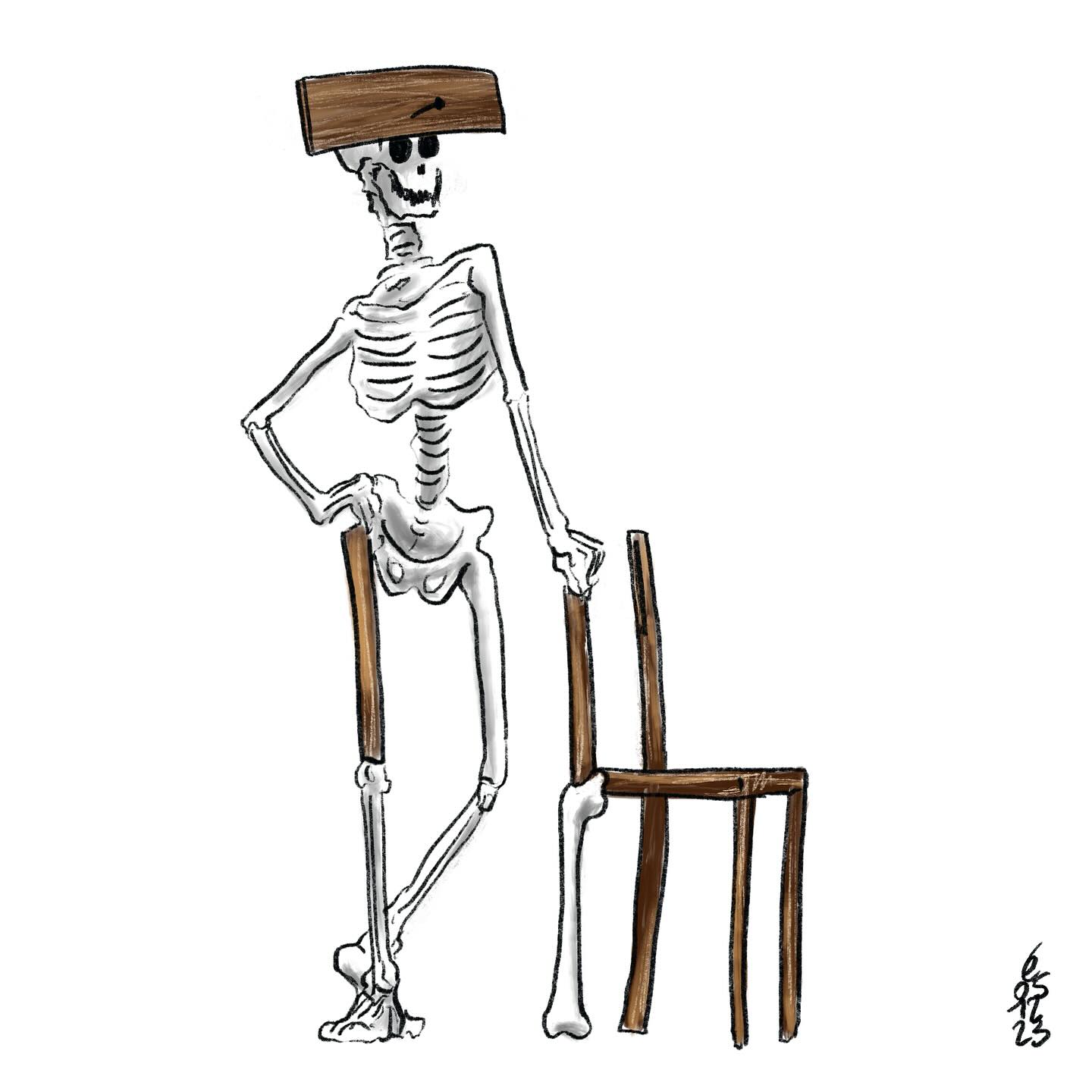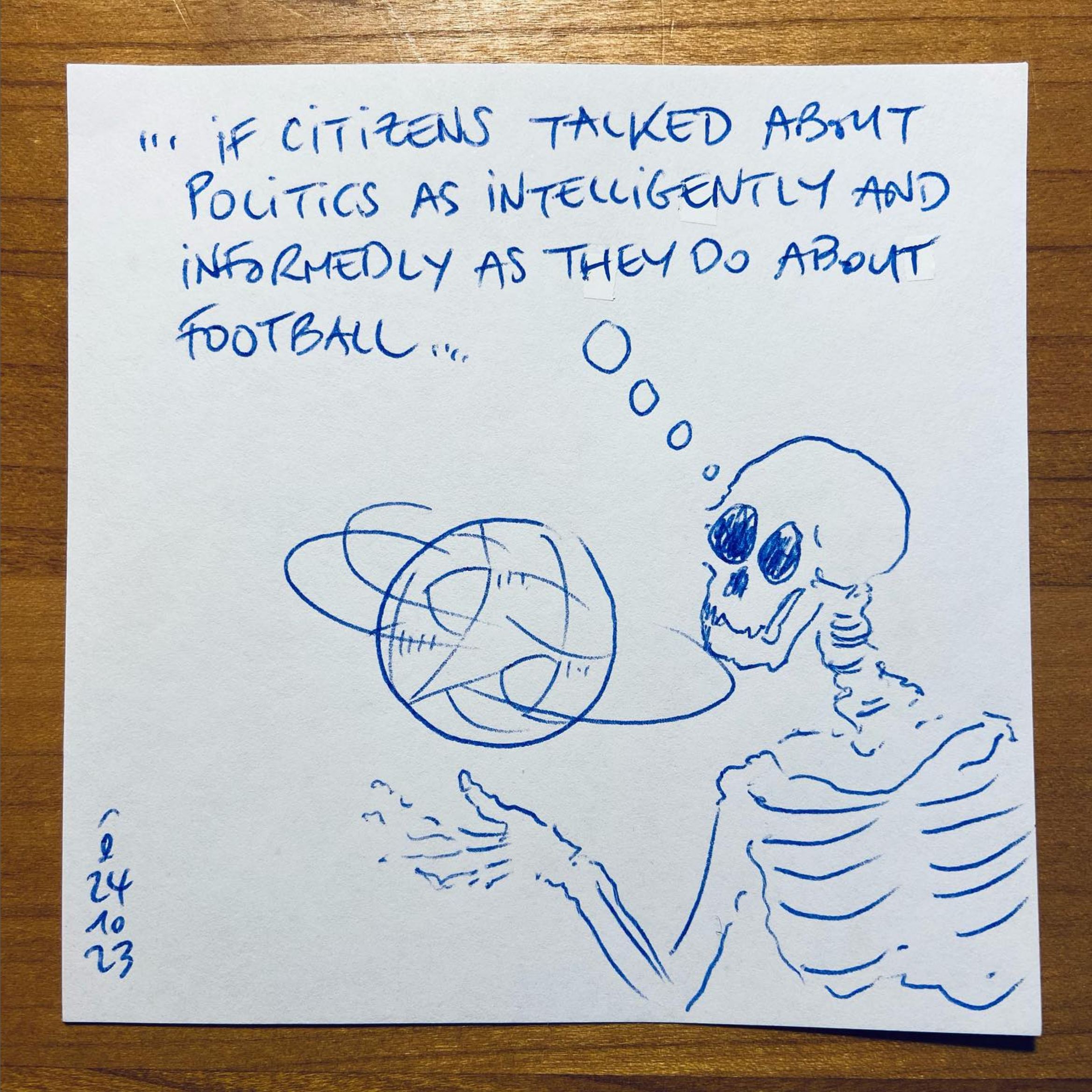
Wikimedia is an internet unicorn. It is one of the most well-known online platforms for open knowledge from creation to sharing across the globe. Few internet movements or initiatives that have been able to survive can boast the same.
However, the promise of openness is often ambiguous. For example, what does it mean in the face of global governance? Should it be horizontal or hierarchical? What does that look like in Kenya? Germany? With chapters all over the world it can be a challenge to shape not just a vision for the future of open knowledge as Wikimedia but also how it should be organized and accessible to all of its community leaders and participants.
To help answer this question Platoniq was commissioned to write a white paper that investigated what a more participatory governance could look like within Wikimedia.
While Wikimedia began with the spirit of most tech startups,move fast and break things. However, as it grew beyond the United States and beyond English this early mantra became less agile. Sustainable networks, systems, and workflows become necessary to work across different teams and chapters with clarity around decision making and community participation.
To address the need for change Wikimedia began to draft the Movement Charter.
The goal of this white paper is to provide input for the potential design of participatory processes in the Wikimedia Movement, in connection to the Wikimedia Movement Charter Drafting Process. The research and recommendations outlined below can be useful to generate inclusive and accessible community engagement in the Drafting Process as well as in the ratification of the Charter. Fostering community engagement in participatory governance was a recommendation from the Wikimedia 2030 Movement Strategy, and constitutes one of the pillars for the strategic direction of the Movement in the long-term. This White Paper then aims, on the one hand, at providing a meaningful contribution to existing research on the historic background of participation in Wikimedia, and to support the community ideating, designing, and planning a participatory process for the Movement Charter Drafting Process and possibly for other participatory processes in the Movement.
This research has allowed us to raise awareness of the complex and at time difficult realities of maintaining an online, open movement. However, it has also give us an opportunity to reenvision what that means through conversations across the globe.
Informed by restorative and transformative design principles, we focus on the insights and needs of Wikimedia communities and organizations to make recommendations on how to design a participatory process with those communities and organizations and which spaces, roles, scales, forms and modes of participation and decision-making processes may be chosen to promote more inclusive and accessible community engagement. This white paper provides:
- A historical overview of current context and participation in the governance of Wikimedia
- An ethical framework based on Design Justice and the International Indigenous Design Charter that prioritizes marginalized voices, respects cultural differences, and works towards sustainable and community-led solutions that values impact over design.
- An exploratory analysis of key issues, challenges, needs and good practices, mapped out from interviews and a focus group with Wikimedians,
- Case studies of transnational organizations and governance processes that have addressed similar issues, including interviews with experts from these organizations,
- Recommendations for next steps, tools and models to design a participatory process and a canvas of first steps to promote community engagement.
Within this research we want to continually challenge how we think about participation from scales, methods, to affective design and perspectives.
Knowing that these problems can be complex across geographies, language, culture, and politics, we are committed to a vision of life long learning in participation that continues grow and build bridges.
Participatory, transparent, accountable governance are a basic ask of any online, open community. However, what these concepts mean are in constant flux and require us to stay engaged and find new ways to inspire better practices to make digital public knowledge and spaces accessible and inclusive.
Download the Wikimedia white paper, here.
Do you want to support participatory governance online and get involved in open knowledge communities? Let’s get going!





